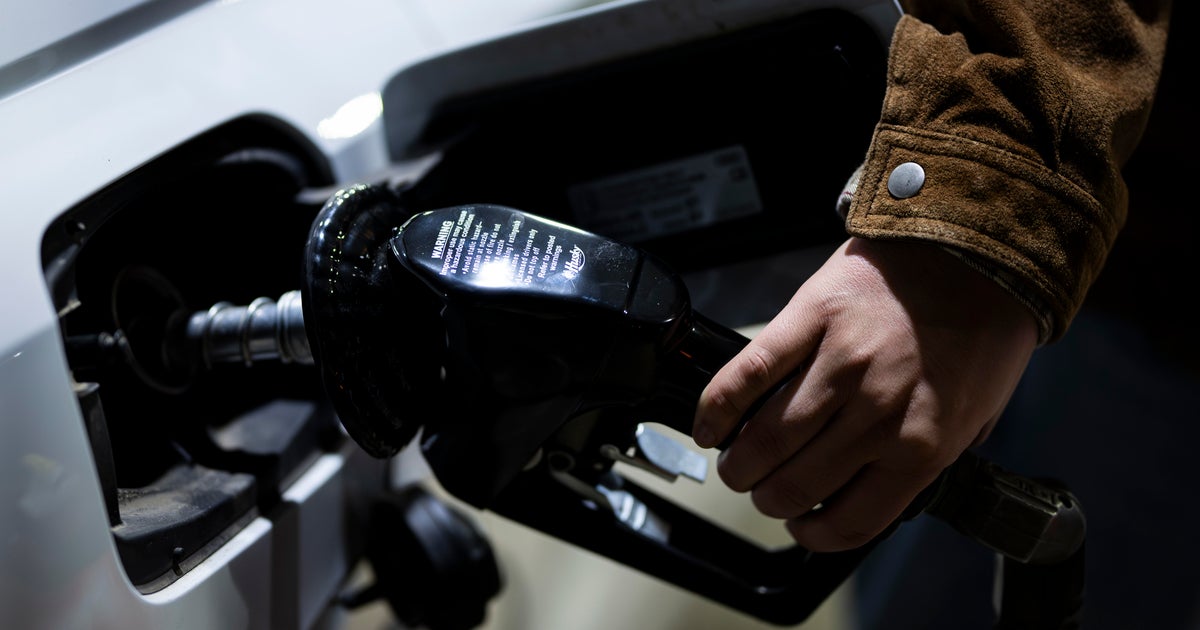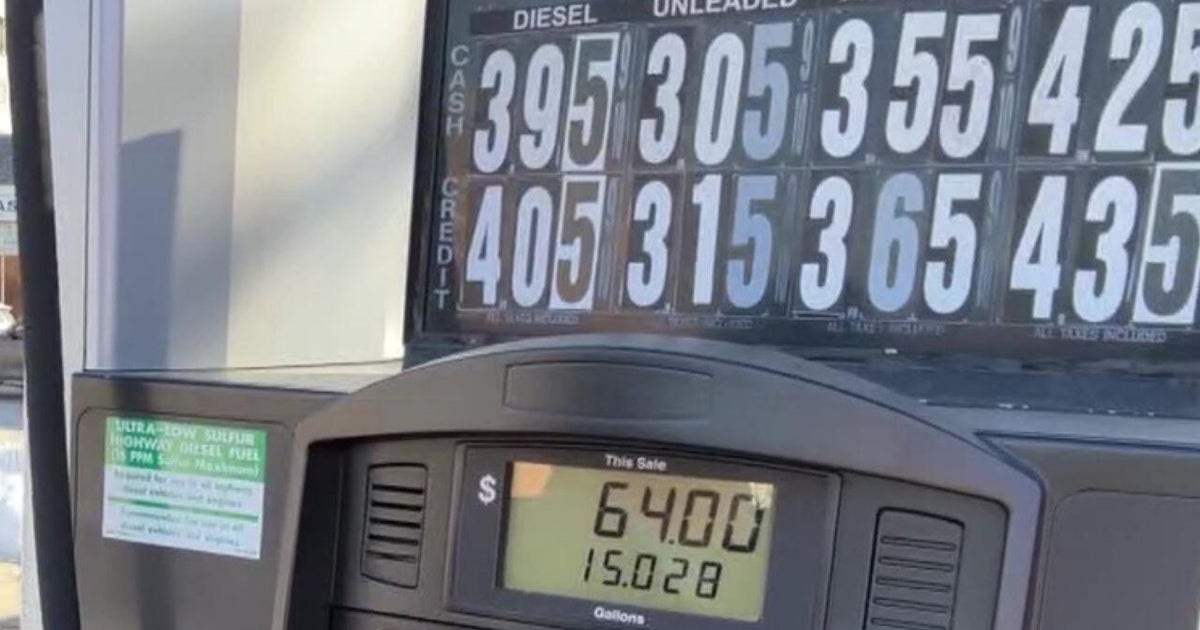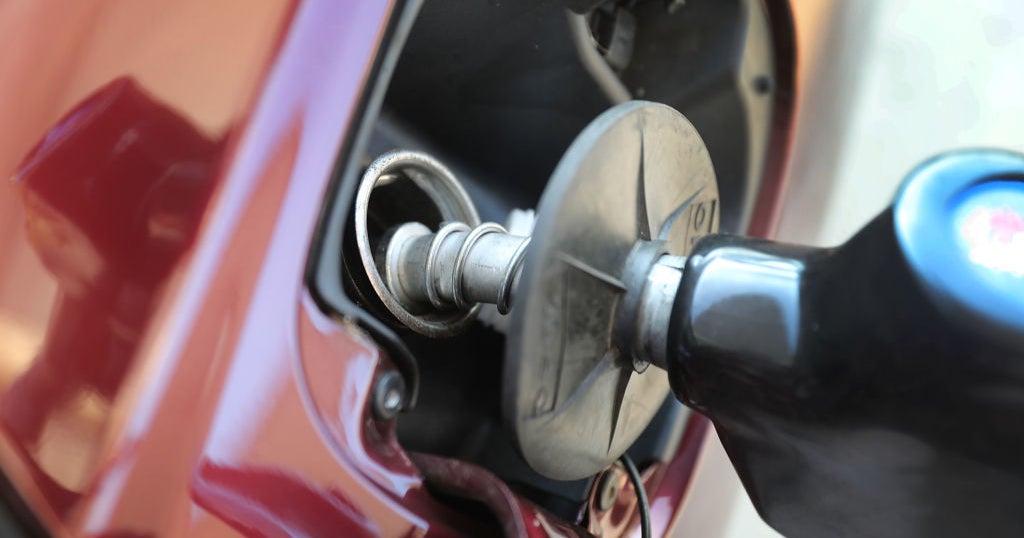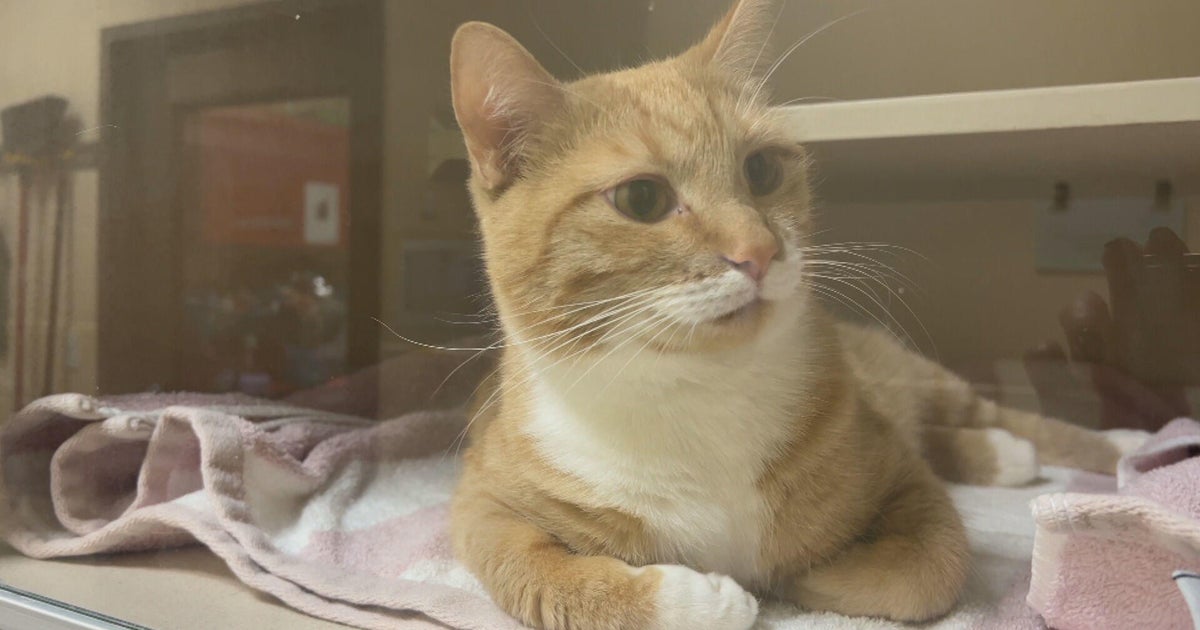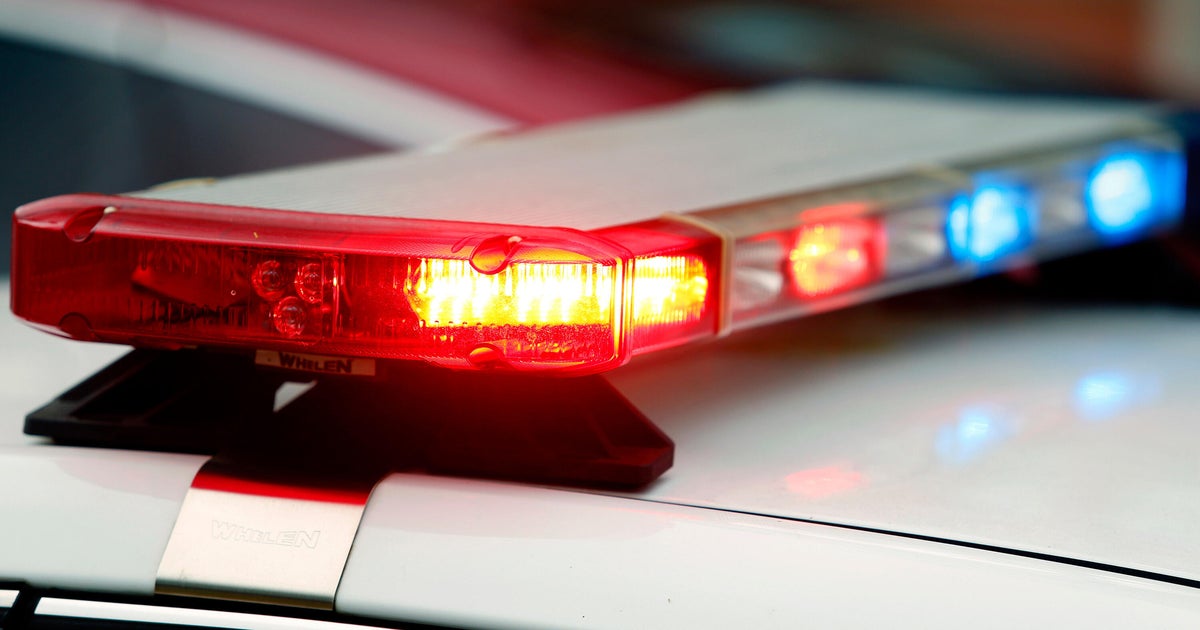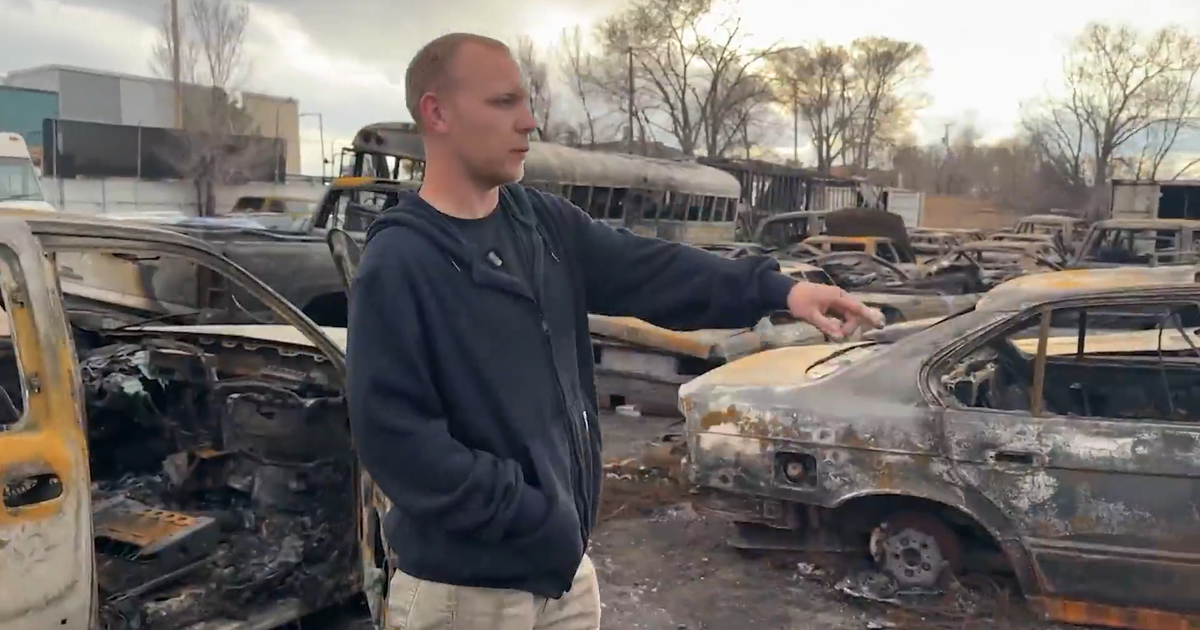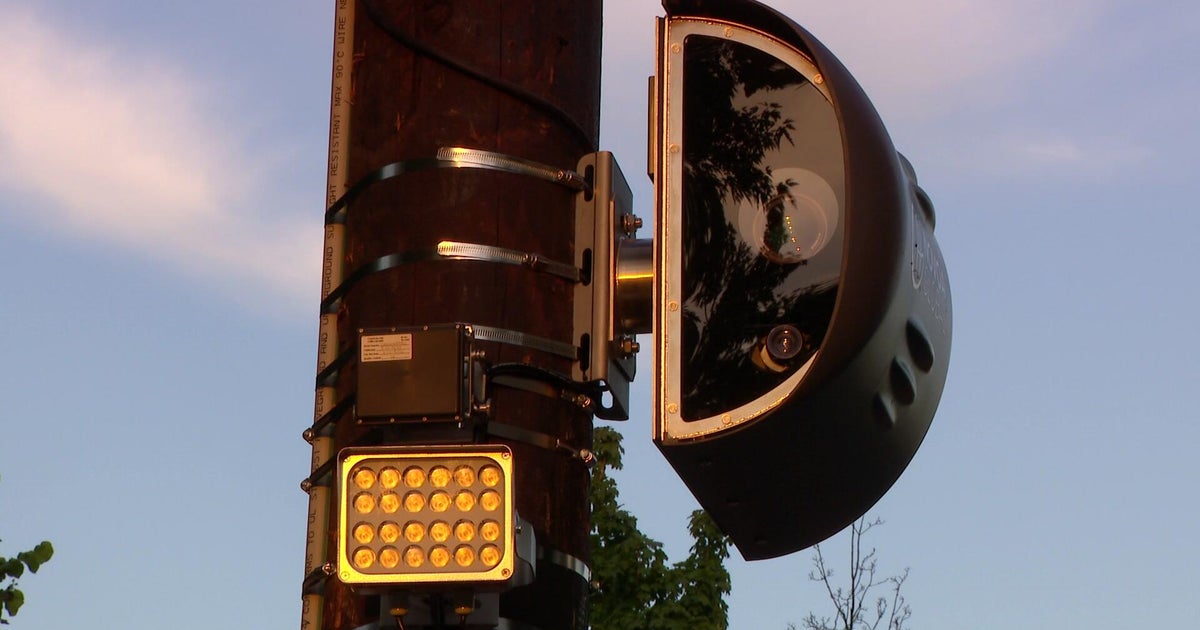'Made In China' Includes Most US Medicines, Expert Says 'It's Mind Boggling'
NORTH TEXAS (CBSDFW.COM) - Will shuttered factories impact supplies?
The now worldwide concern over the spread of the novel coronavirus is shining new light on a largely overlooked U.S. vulnerability, unrelated to the actual illness: almost all of the nation's life saving drugs are in some way sourced in China.
"It's a mind boggling thing: we abdicated control of our own pharmaceuticals to China," says Professor David Jacobson at SMU's Cox School of Business and an expert on China. "China controls almost 100% of the generic medications that are prescribed in the United States. And now if they can't make it, we don't have an alternative place."
Professor Jacobson issued that quiet warning in an interview with CBS 11 News last month. Now, so much has changed as the virus spreads and panic grips the world.
"We are concerned about it," says Pharmacist John Floyd at Preston Road Pharmacy in Dallas. "We haven't seen any shortages, yet. But, it could happen...we just have to give it some time."
Right now, Floyd says most customer questions are about face masks. They've already put a sign in the window warning "we are out right now, and cannot get them."
Beyond the rush on masks, local pharmacists say they are watching the shutdown in Chinese manufacturing closely and warn that the situation should be a wakeup call about the wisdom of outsourcing critical supplies, like medicines.
"I hear them talk about buying drugs from Canada," says Donna Barsky, PharmD with Texas Star Pharmacy, "but, they're buying Indian and Chinese drugs. It's not what it seems. We all get the same products from the same place, it's just how it's packaged: and it's all coming from China."
Dr. Barsky though has more confidence that some of her peers that manufacturers have prepared for possible supply chain disruptions and will have ample reserves.
The lingering concern, though, is no one knows how long the outbreak will last and when those factories will reopen.
Pharmacist Floyd recommends that patients form a relationship with their local pharmacist so that a substitute can perhaps be used if a particular brand becomes unavailable.
"Your pharmacist won't steer you wrong," says Floyd.
